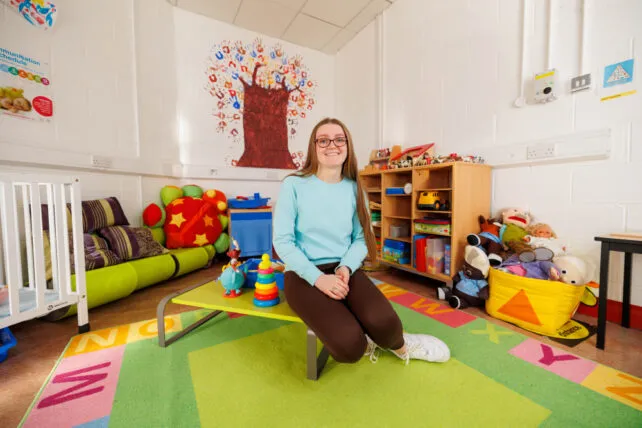What are the entry requirements?
Leaving Certificate
Grade 06 at ordinary level in five subjects in the Leaving Certificate examination. Two of these subjects must be Maths and a language (English or Irish). Note: An FL2 in Foundation Level Mathematics will be accepted as meeting the minimum Mathematics requirements for entry to this course.
QQI
Up to 20 places are reserved for QQI students. Any QQI Level 5 qualification is acceptable. Applicants, however, must hold one of the following modules: Social Studies (5N1370) or Care Provision and Practice (5N2705) or Intellectual Disability Studies (5N1652) or Care of the Older Person (5N2706) or Understanding Mental Health (5N3772) or Special Needs Assisting (5N1786).
Mature Applicants
Mature applicants are not required to meet minimum entry requirements. However, an interview may form part of the selection process.
Language Proficiency
Instruction is through the medium of English and applicants who do not have school Leaving Certificate English must provide evidence of equivalent competence by way of recognised proficiency tests in English (e.g. IELTS). Those for whom English is not their first language, but who have been resident in an English speaking country for a number of years and/or those who have completed a QQI Award, are exempt from taking a proficiency test in English.
The minimum requirement for entry to undergraduate programmes (Level 6, 7, 8) at TUS is IELTS 6.0 or equivalent internationally recognised English exam. IELTS 6.0 indicates that the learner or test taker:
- has competent level to study academic programme.
- has an effective command of the language
- can use and understand fairly complex language, particularly in familiar situations.
International Applicants
International applicants should apply directly to the International Office at TUS, allowing plenty of time for completing the visa process. Applications for September start should be made by 1st June at the latest to ensure visas are processed in time. You should familiarise yourself with visa processing times for your country of origin to ensure you make a timely application. Find out more here.





